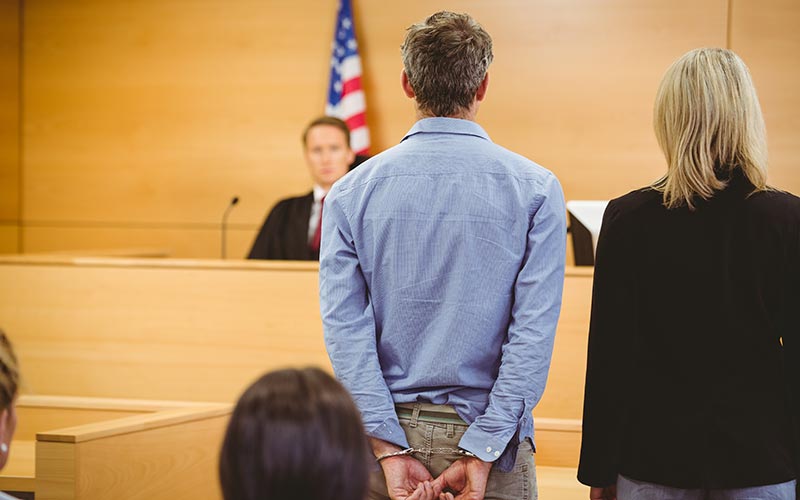Role of Plea Bargain Agreements in Scranton Criminal Defense

Do you need a Scranton criminal defense lawyer to negotiate a plea bargain?
It’s a loaded question. Do you need to plead guilty? Why are you being offered a plea bargain? How does it compare to other similar cases being handled by the prosecutor? What does that tell you, anyway?
Without plea agreements, the criminal justice system in the United States would grind to an abrupt halt, with defendants spilling out into the hallways and onto the front steps of every courthouse in America. A recent report in The Atlantic found 97 percent of federal cases, and probably a similar number of state cases, end in plea bargains. That means only 3 cases out of every 100 are resolved by dismissal, trial or another manner of disposition.
There is growing opposition to the reliance upon plea bargains to keep the wheels of justice moving. In many instances, plea bargains deny defendants their constitutional right to a trial by jury and can result in innocent defendants being sent to prison without a hearing on the evidence. Defendants who enter into plea bargains typically also forfeit their rights to appeal a conviction.
Defense Lawyers Critical to Plea Bargain Negotiations
A Scranton criminal defense attorney knows most cases will not go to trial. However, it’s vital that defendants not base their decision on whether to hire an attorney (or which attorney to hire) on the prospect of a plea bargain. Hiring an experienced criminal defense trial attorney will help you in negotiations with prosecutors for at least two reasons. First, a prosecutor who knows a defense attorney will take a case to court is more likely to offer a better deal. Second, defendants can be confident a defense attorney with significant trial experience will not just take whatever deal a prosecutor is offering.
Prosecutors have a lot to gain by plea bargaining cases and an experienced defense attorney must use that to the best advantage of a client. A recent ConnectUs blog highlighted some of the most common reasons for plea bargains: Plea bargains help with caseload and reduce demand on trial schedules. Making a deal also eliminates case uncertainty.
In fact, your defense attorney should be able to determine how prosecutors feel about a case based on an initial plea offer. Prosecutors like to win and the state likes to spend judicial resources wisely. They don’t take losing cases to trial. A generous plea offer likely means the state views the case as a loser, and a knowledgeable defense attorney can often use his or her experience and a little patience to get an even better deal for a client.
Review of Plea Bargain Consequences – Alternative Sentencing Measures
Your defense lawyer must also carefully review the terms of a plea agreement, as there can be unexpected consequences in many cases. For example, pleading guilty to a sex offense could require you to register as a sex offender upon your release. Certain other convictions may affect your driving privileges or prevent you from owning firearms or working in certain career fields.
An experienced criminal defense attorney will also be aware of possible alternative sentencing options (home detention, drug court, traffic court, etc.). These can offer a second-chance to defendants because a criminal conviction may be reduced or avoided upon successful completion of such programs.
So when it comes to deciding whether to accept a deal from the state, do yourself a favor and talk to an experienced attorney first.

